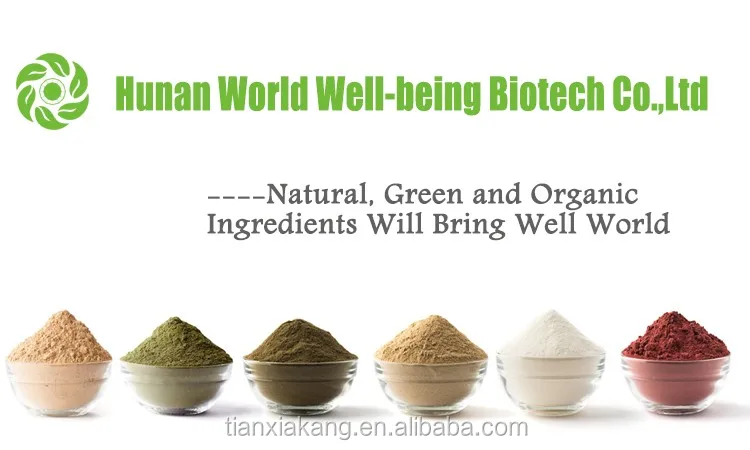
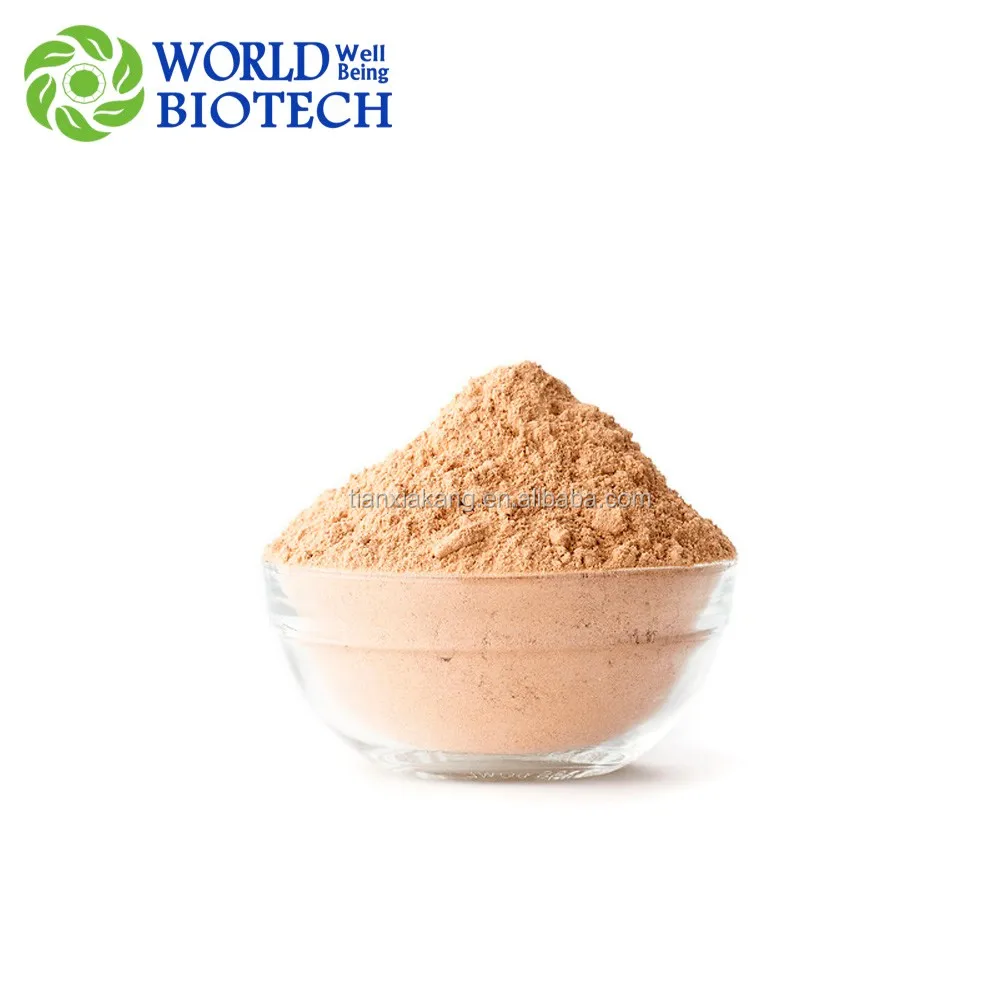
|
|
|
|
name
|
green tea extract
|
|
Test Method
|
HPLC
|
|
Specification
|
Tea polyphenol 30%-98%
EGCG 50%-98%
|
|
Botanical name
|
Camellia sinensis. Family: Theaceae
|
Green tea extract contains polyphenols. These include the most active type, epigallocatechin gallate. Green tea and oolong tea have the highest levels of polyphenols. This means they have the most health benefits. The fermentation and processing to make black tea decreases the polyphenols. It does this by converting them to theaflavins and thearubigins. All of the teas have catechins and tannins in different amounts.
Other significant parts of tea include caffeine, theobromine, and theophylline. The polyphenols of green tea are strong antioxidants.Interferes with the signaling required for cancer cell survival, inhibits carcinogens in the diet, and works with other enzymes and antioxidants in the intestines, liver, and lungs to prevent the vitality of certain carcinogens
Antioxidant action by scavenging free radicals, inhibiting peroxidation, and enhancing the action of other antioxidants.
Protects fibroblasts cultured in vitro from UVB radiation damage
It has antibacterial action, such as inhibition of Staphylococcus, Escherichia coli, Bacillus subtilis, etc..
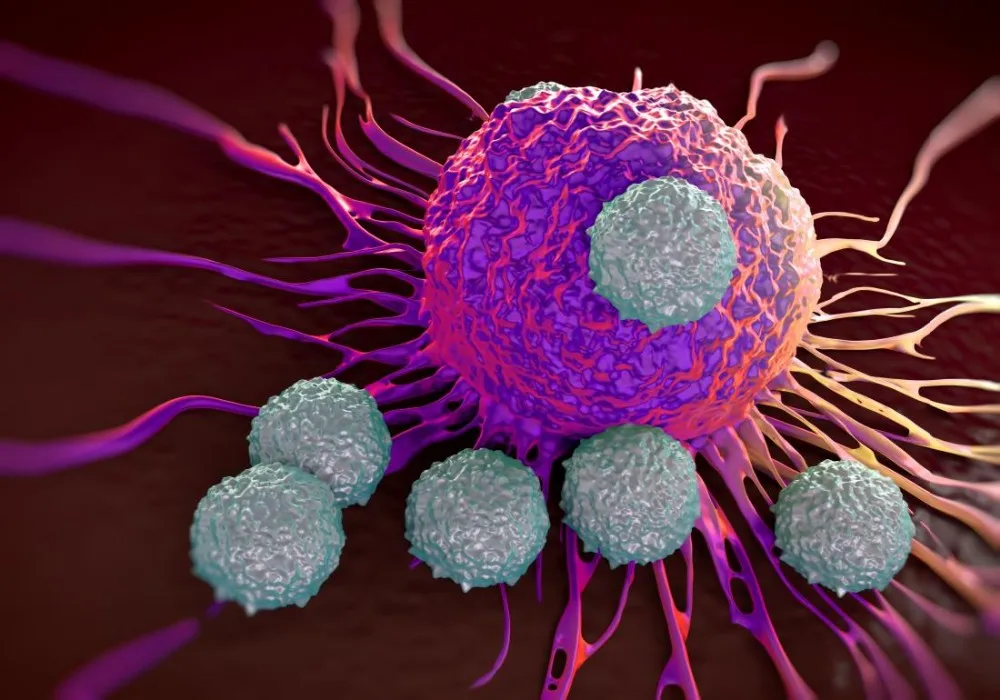
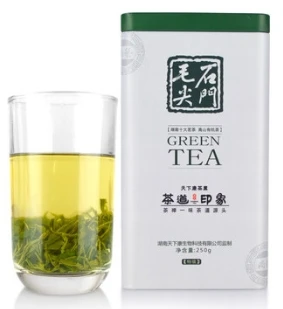
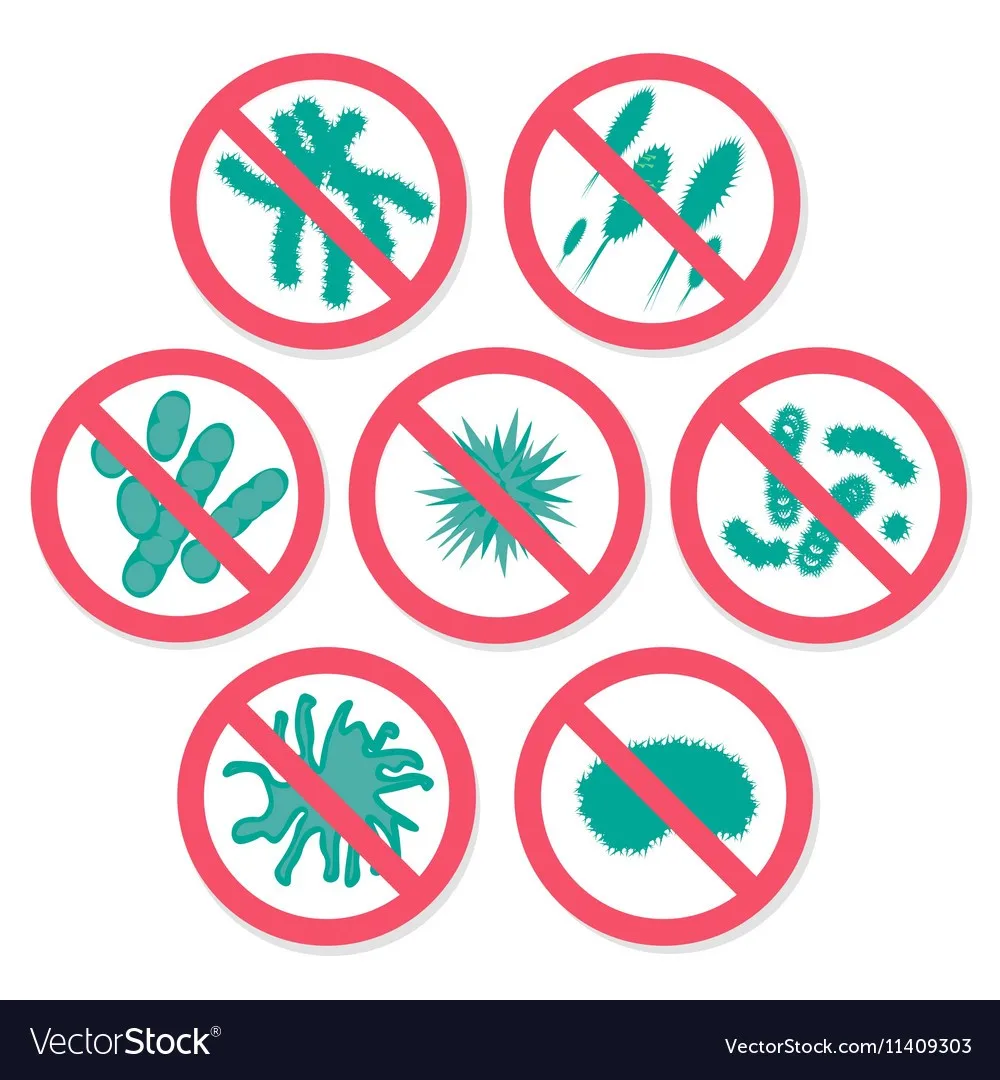
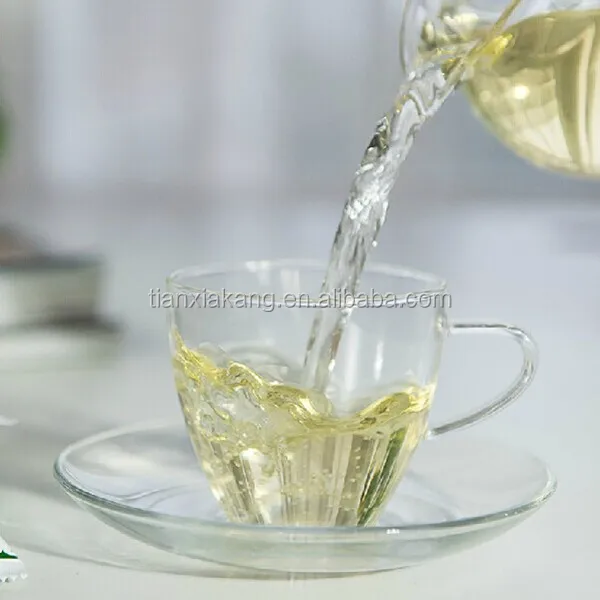

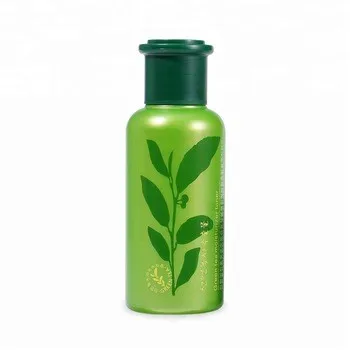
our green tea extract have very good water solubility, it can soluble in water totally, and its solution is very clear,
EGCG 98% often used in drug
EGCG 50% often used in cosmetic
|
Purity
|
50-98%
|
Microbial:
|
Max.1000cfu/g
|
|
Loss on drying
|
≤5.0%
|
≤10ppmPAH
|
≤10ppm
|
|
Ash
|
≤5.0%
|
GMO
|
NON-GMO
|
|
Total Heavy Metals
|
≤10ppm
|
BSE
|
NON-BSE
|
Inquiry to:
Zoe Zhao
